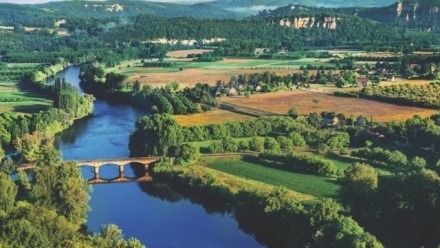The Roman-fleuve and the Rebirth of the Author

Loosely comparable to earlier multi-volume works such as Balzac’s Comédie humaine and Zola’s Les Rougon-Macquart, the roman-fleuve was one of the most prominent if short-lived literary trends in early twentieth-century France. These cyclical novels drew together a vast set of influences, from Homeric epic to the Russian novel, and were published in multiple instalments over the course of a decade or more. However, the term roman-fleuve itself is contested, and no one set of criteria for classifying these novels and delineating their place in the history of French literature has ever been agreed upon. In this paper I revisit the difficult task of definition by tracing the origins of the term back to Romain Rolland’s Nobel Prize-winning novel Jean-Christophe (1904‒1912). Drawing comparisons with the work of three of Rolland’s main contemporaries—Martin du Gard, Duhamel, and Romains—I then identify a series of commonalities which draw these authors together in a shared vision of the scope and role of literature. I explore how the unique challenges and opportunities the roman-fleuve presented were used to confront the unstable ground of modernity, from the horrors of war to the crumbling of metaphysical and religious certainties. Seeing in these writers a discourse around authorship and subjectivity that prefigures and subverts later discussions around the ‘death of the author’ in the work of Barthes and the poststructuralists, I outline how the roman-fleuve still has much to offer our understanding of the transformative potential of literary creation today.
Ash Collins is Lecturer in French Studies at the ANU.








